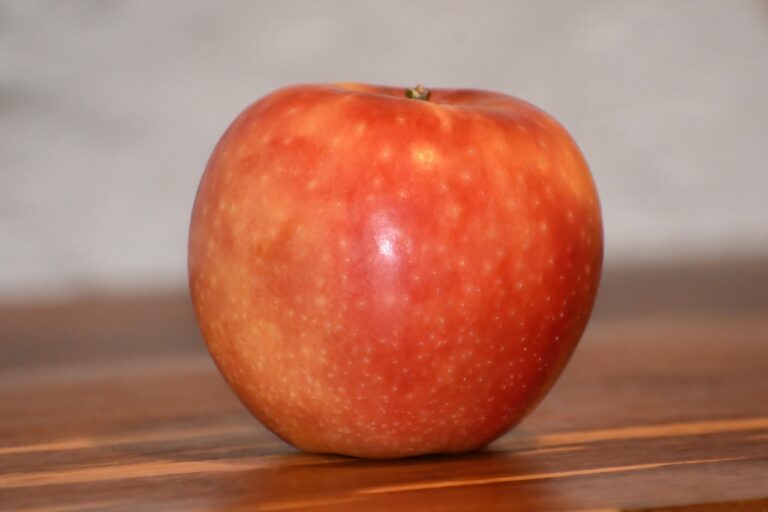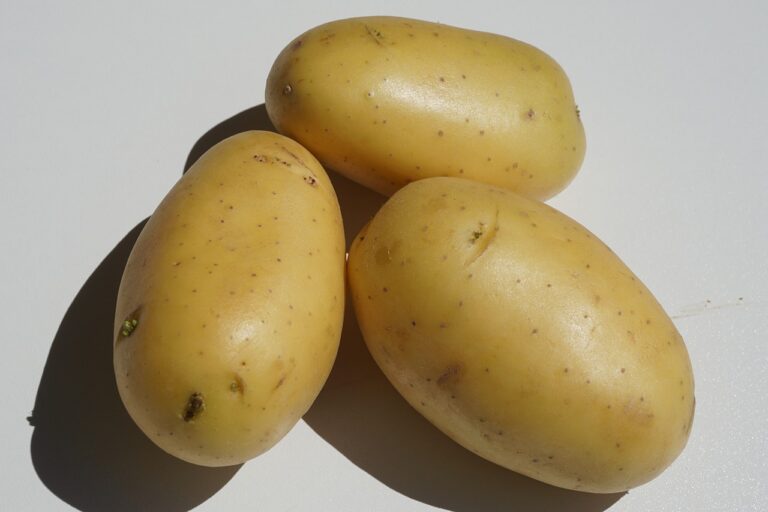The Role of Bees in Environmental Policy: Tigerexchange247, Golden 77, Sky99exch
tigerexchange247, golden 77, sky99exch: Bees play a crucial role in our ecosystem, and their importance extends beyond just producing honey. In recent years, bees have become a central focus in environmental policy as their population faces various threats. From pollinating crops to maintaining biodiversity, bees are vital to our world’s health and sustainability. Let’s delve into the role of bees in environmental policy and why their protection is paramount for our future.
The Impact of Bees on the Environment
Bees are essential pollinators that play a significant role in the pollination of flowering plants, including many fruit and vegetable crops. Without bees, the reproduction of these plants would be severely hindered, leading to a decrease in crop yield and food production. In fact, it’s estimated that one-third of the world’s food supply is dependent on bee pollination.
In addition to their role in agriculture, bees also contribute to the overall health of ecosystems by promoting biodiversity. By pollinating a wide variety of plant species, bees help maintain the balance of plant communities and support the survival of other wildlife. Without bees, many plant species would struggle to reproduce and could face extinction, leading to a cascading effect on the entire ecosystem.
Threats to Bee Populations
Despite their importance, bee populations around the world are facing numerous threats that are putting their survival at risk. Habitat loss, pesticide exposure, climate change, and diseases are some of the primary factors contributing to the decline in bee populations. As urbanization and industrial agriculture continue to expand, bees are losing their natural habitats and access to diverse food sources.
Pesticides, particularly neonicotinoids, have been linked to the decline in bee populations by affecting their foraging behavior, navigation, and immune systems. Climate change is also impacting bees by altering the availability of flowering plants and disrupting their reproductive cycles. These threats, combined with the spread of diseases and parasites, have led to a significant decrease in bee populations worldwide.
The Role of Bees in Environmental Policy
Recognizing the critical role of bees in maintaining ecosystems and food security, governments around the world have started implementing policies to protect bee populations. These policies focus on promoting sustainable agriculture, reducing pesticide use, preserving bee habitats, and supporting bee-friendly practices. By incorporating bee conservation into environmental policy, countries aim to safeguard bee populations and ensure their continued contribution to our world.
One example of effective environmental policy for bees is the European Union’s ban on neonicotinoid pesticides, which are known to harm bees. The ban, implemented in 2018, restricts the use of three neonicotinoids on outdoor crops, providing a much-needed protection for bee populations in Europe. This policy has led to a decrease in pesticide exposure for bees and has contributed to the recovery of some bee species in the region.
In addition to pesticide regulations, governments are also working to protect bee habitats through the establishment of wildlife reserves, conservation areas, and green spaces. By preserving natural habitats and planting bee-friendly plants, policymakers are creating safe havens for bees to thrive and carry out their vital role as pollinators. These efforts not only benefit bees but also support the overall health of ecosystems and promote biodiversity.
The Future of Bees in Environmental Policy
As we continue to face environmental challenges such as climate change and habitat loss, the protection of bee populations will remain a key focus in environmental policy. Governments, businesses, and individuals all have a role to play in ensuring the survival of bees and the sustainability of our ecosystems. By advocating for bee-friendly practices, supporting sustainable agriculture, and reducing pesticide use, we can help create a safer environment for bees to thrive.
Initiatives such as planting pollinator-friendly gardens, supporting local beekeepers, and participating in citizen science projects can all contribute to bee conservation efforts. By raising awareness about the importance of bees and taking action to protect them, we can make a difference in their survival and the health of our planet. Together, we can ensure that bees continue to pollinate our crops, promote biodiversity, and sustain the balance of our ecosystems for generations to come.
FAQs
Q: Why are bees important for the environment?
A: Bees play a crucial role in pollinating crops, promoting biodiversity, and supporting the health of ecosystems. Without bees, many plant species would struggle to reproduce, leading to a decline in food production and ecosystem health.
Q: What are the main threats to bee populations?
A: Habitat loss, pesticide exposure, climate change, and diseases are some of the primary threats facing bee populations. Urbanization, agriculture, and the spread of pesticides have all contributed to the decline in bee populations worldwide.
Q: How can I help protect bees?
A: You can help protect bees by planting pollinator-friendly gardens, supporting local beekeepers, reducing pesticide use, and advocating for bee-friendly practices. By taking action to support bee conservation efforts, you can make a meaningful impact on their survival.
Q: What is being done to protect bees through environmental policy?
A: Governments around the world are implementing policies to protect bees, including bans on harmful pesticides, conservation of bee habitats, and support for sustainable agriculture. These policies aim to safeguard bee populations and promote their contribution to ecosystems and food security.







